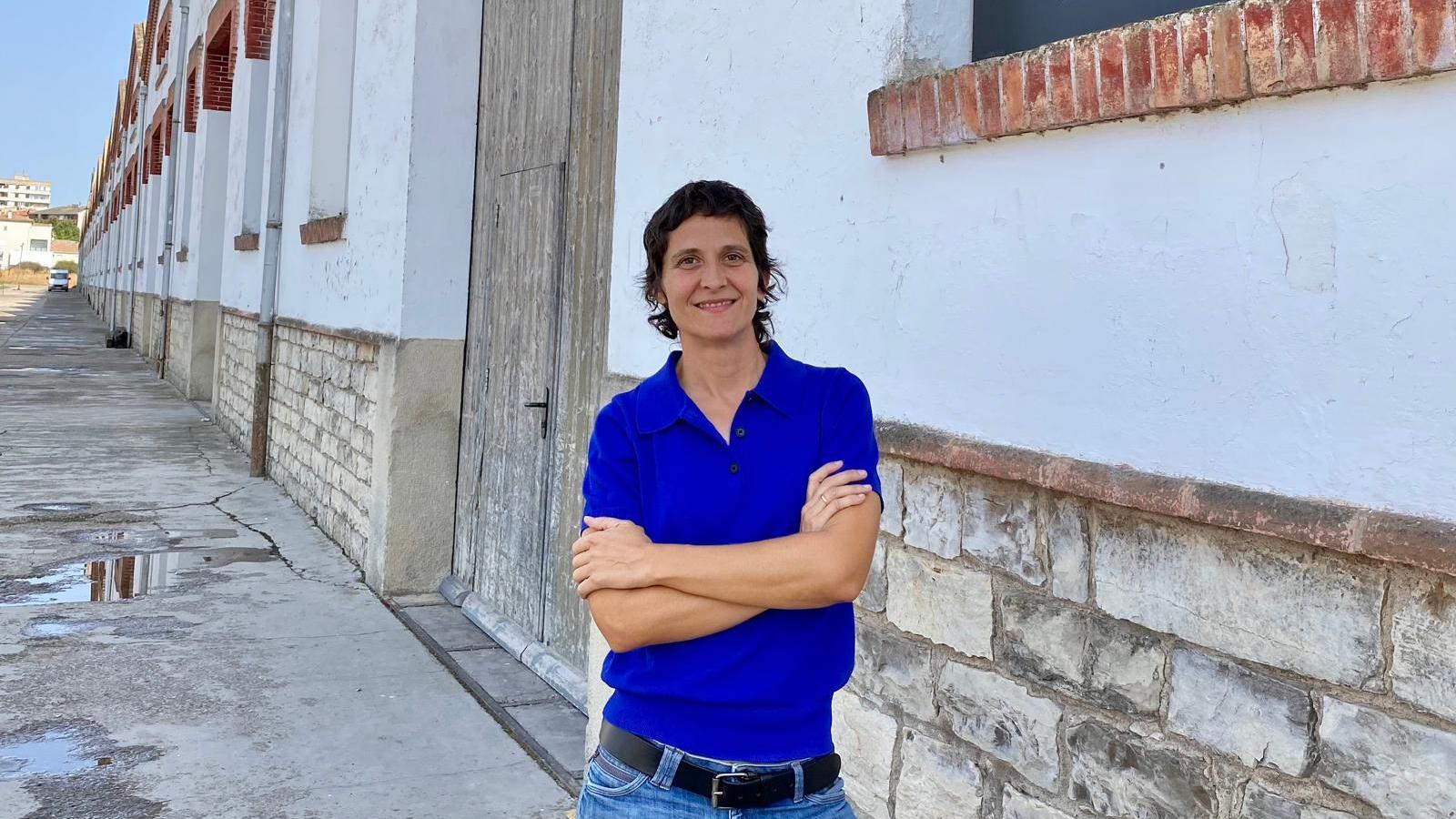FiraTàrrega and village life as manifestations of resistance
Anna Giribet is the first woman to head the festival's artistic direction.

TárregaShe is one of the key figures responsible for turning Tàrrega into one of the world's street performing arts capitals for four days in September. Since 2019, Anna Giribet (Vilanova de Bellpuig, 1981) has been the first woman to head the artistic direction of FiraTàrrega. And she carries out her role with passion, as she conveys with the deep-rooted enthusiasm of people grateful for life. "Being able to return to the village with a family that breaks away from heteropatriarchal norms and work in a job I love in an environment that makes it easy for me is a privilege."
When the proposal was proposed to her, she categorically refused. An economist by training, she had worked at the organization since 2007, but the glass ceiling seemed too thick to be broken. However, the timing coincided with her activism within a collective of women from the cultural world seeking to normalize spaces of responsibility and programming. She couldn't pass up that opportunity, and she applied for the first public competition to fill the position. Today, she's also a cultural manager and co-leads a team made up mostly of women.
What happens in Tàrrega can't be transferred anywhere else. It's the ideal city, according to her, because of its size, because the project was born from the ground up, because there's an audience that's been in the theater for 45 years, because the locals are used to living with the companies. The bonds evoked by this year's motto, "Connect," are forged. And also because "it's necessary to have national projects on the periphery." Furthermore, Giribet demonstrates her systemic perspective, characteristic of a profile that hybridizes innovation, social impact, management, and sustainability, when she conceives of the market as one of the fair's strong points: "More than a thousand programmers come from all over each year!" If the fair continues, it's because the market works.
Act of resistance
Anchoring FiraTàrrega in the capital of Urgell is resistance. But resistance is also inherent to the most personal side of its artistic director.
Last June, in the manifesto for the LGTBIQ+ Pride Day in Tàrrega, she called for the visibility of diverse families and an education that fosters respect and empathy from a young age. Her first child—there is another way—was the first child in the school with two mothers. It's been twenty years since the law on equal marriage, but "all social changes take time, and in rural areas it takes even longer." In this sense, she describes the town of Vilanova de Bellpuig as "wonderful."
She left to study and work abroad, but she's clear that you always have to return. As her father told her, "wings, all of them, roots too." From home, she lives the life she wants and works to explain internationally "what's happening in a town of 19,000 inhabitants that mirrors ours. And that's very powerful."
